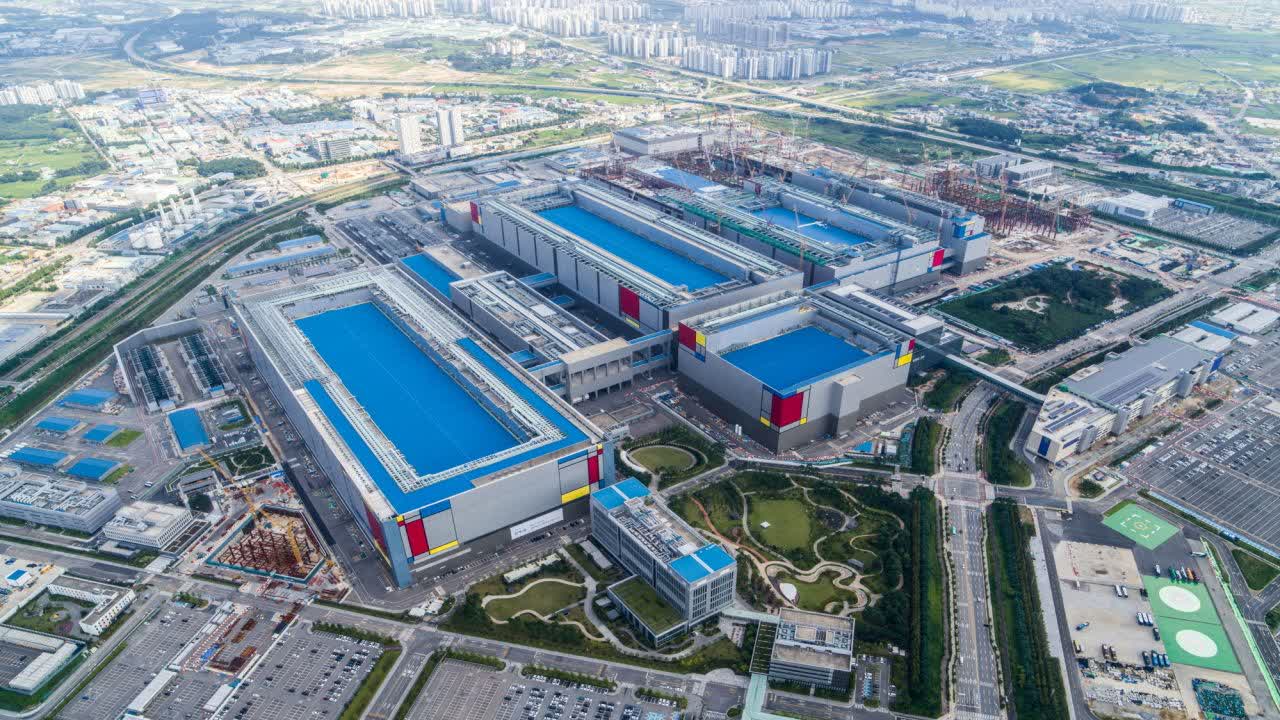What just happened? South Korea has said that it will build the world's largest chip center using a $230 billion investment from Samsung Electronics. The facility will comprise five new memory and foundry fabs in a massive hub located in Yongin, a city in the Seoul Capital Area.
South Korea President Yoon Suk Yeol said the country will "build the world's largest scale system semiconductor cluster in the capital areas using massive private investments worth 300 trillion won."
"Speed is important. The government will do its best to realize the cluster project," he added. The plants are due to be completed by 2042.
A Samsung spokesperson said some of the plants will be for foundry chipmaking.
South Korea's Ministry of Trade, Industry and Energy (MOTIE) announced plans for the mega-facility as part of a project to invest $422 billion by 2026 into six key technology areas: semiconductors, electric vehicle batteries, autonomous vehicles, robots, displays, and biotechnology. $260 billion is being set aside for the semiconductor sector, including the establishment of the world's largest semiconductor megacluster, the development of next-gen core tech, and overseas technical cooperation and export support. Companies will also be offered tax breaks and infrastructure support.
South Korea's government will add $19 billion for R&D, $275 billion for chip packaging, and $76 billion for infrastructure as part of the plan.
The hub will eventually contain five advanced chip fabrication facilities. There will also be 150 domestic and global fabless companies and advanced chip materials and equipment makers.
It's unclear if Samsung's massive investment will impact its US spending, including the $17 billion it is plowing into Texas; Joon said the planned plants "overwhelms Texas in the United States." Samsung is reported to have complained that the Chips Act makes its US plants less lucrative, while South Korea's ministry said the act "could deepen business uncertainties, violate companies' management and technology rights as well as make the United States less attractive as an investment option."
The announcement comes as the US continues to tighten restrictions on chip-making-tool exports to China, which has caused the Asian nation's chip imports to crash by 27% in the first two months of 2023.
The Netherlands has announced its own export controls to China following negotiations with the United States. Meanwhile, tensions over Taiwan, whose companies account for 50% of the world semiconductor market, continue to rise after a former Trump official said the US would destroy TSMC plants were China to invade Taiwan. The uncertainty has led to more countries boosting investment in their domestic semiconductor industries.

